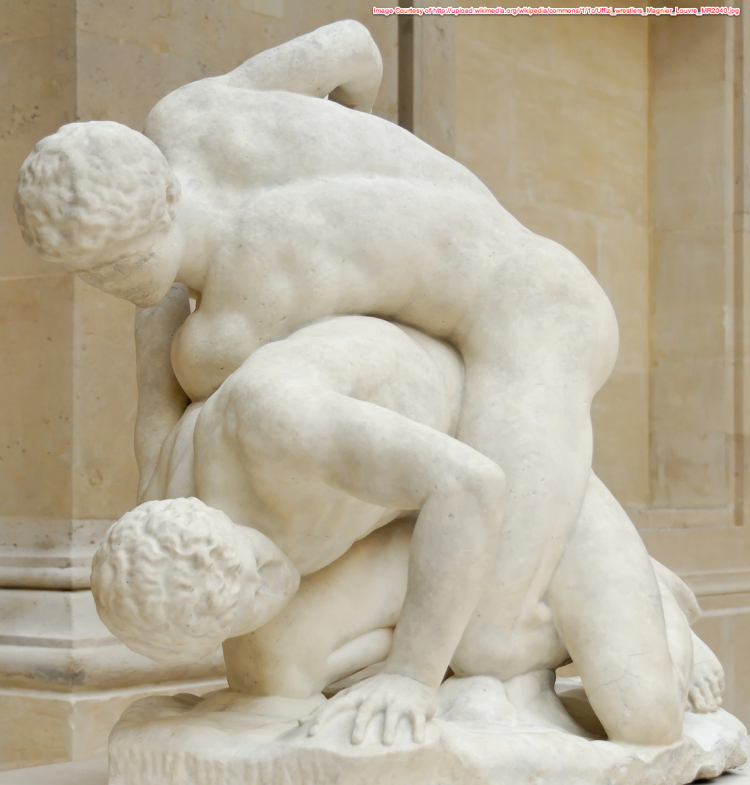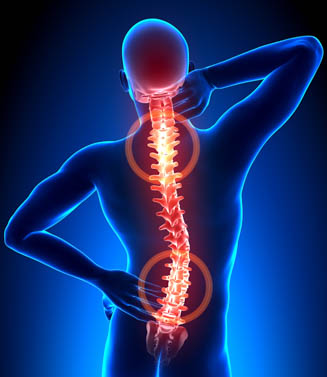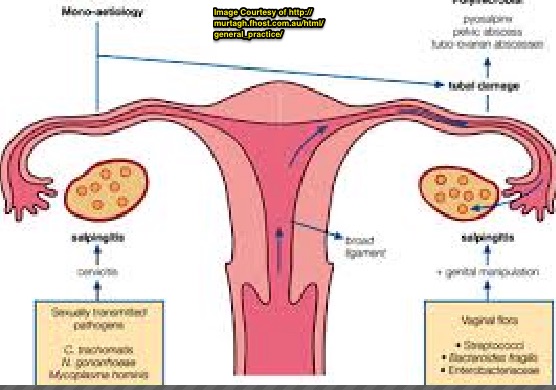Using Acupuncture and Chinese Medicine to treat Anxiety and Panic Attacks
 Monday, September 7, 2015 at 6:43PM
Monday, September 7, 2015 at 6:43PM Frequently acupuncturists are called upon to treat anxiety disorders in the clinic. When the acupuncture performs a skillful diagnosis and is able to create a proper treatment plan, our clients almost always respond powerfully and well. So true is this that it is quite common, at the Northside Holistic Center, to see physicians and psychologists refer their patients to us to address this concern. This happens most frequently when either the patient hasn't been responding to medication fully, has side effects from the medication that makes it undesirable, or simply would prefer not to be using drugs to influence their mental state.
When treating any sort of anxiety disorder, diagnosis is key. Chinese medicine approaches anxiety, as it does most types of health issue, by taking the whole body into account. The first visit to our clinic would begin with a detailed intake form which asks the client for information on their health history. It is often surprising to clients that in treating anxiety, panic attacks, or even post-traumatic stress disorder (PTSD) that we care as much about their digestion, immune system, or skin as we do about the clearer signs of anxiety. This is because, from the perspective of Chinese medicine, all bodily systems are interrelated and can communicate a deeper truth about the disorder at hand. After we discuss the presentation of their anxiety issues I will examine the client's tongue and feel their pulse on both wrist. This gives an acupuncturist, trained in these arts, additional information to refine the treatment protocol.
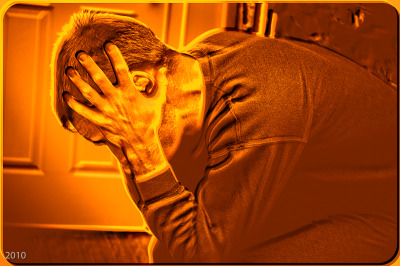
Articles/Research:
Time Magazine covered some interesting research looking into the mechanism by which acupuncture treats anxiety, stress and depression. The scientists noted that,
Rats who got acupuncture showed fewer symptoms of anxiety and depression than stressed-out rats who didn't get treatment. [and that] Acupuncture may work by targeting the same pathways that stress travels along, according to a new study in rats from Georgetown University Medical Center and published in the journal Endocrinology.
“There was nothing in the literature about acupuncture for PTSD and chronic stress,” [the researcher said] says, so she decided to study it. To find out if acupuncture was affecting chronic stress, Eshkevari and a team of researchers looked at what happened in a key pathway in dealing with stress for both humans and rats: the hypothalamus-pituitary-adrenal axis (HPA). It’s the same pathway targeted by some anti-anxiety drugs and antidepressants, Eshkevari says, and the HPA is involved in the production of the stress hormone cortisol.
- A nice overview of how Chinese medicine conceptualizes anxiety and depression with reference to several good studies citing the benefits of acupuncture for both. It can be read here.
In a comprehensive literature review appearing in a recent edition ofCNS Neuroscience and Therapeutics, it was proved that acupuncture is comparable to cognitive-behavioral therapy (CBT), which psychologists commonly use to treat anxiety (Errington-Evans, 2011). Another study published in the Journal of Endocrinology in March 2013 discovered stress hormones were lower in rats after receiving electric acupuncture (Eshkevari, Permaul and Mulroney, 2013).
- A pilot study from the National Institutes of Health (NIH) demonstrated that not only was acupuncture very useful for treating PTSD but that the results persisted, once a postive effect had been achieved, for three months after the acupuncture was stopped. This is our goal with acupuncture: to take the client incrementally to a state where they are no longer experiencing symptoms and then gradually ween them off of the acupuncture as well.
- A tangential article from the Institute for Traditional Medicine on using acupuncture and Chinese Medicine to withdraw from anti-depressants. One of the frequent side effects from withdrawal from these drugs is anxiety, which is how it seemed to be a good match for this blog entry.
- From a Chinese Medical journal from China, Tian Jin Zhong Yi Yao comes an study evaluating acupuncture as an treatment for Generalized Anxiety Syndrome (GAS). The results were very positive with more than 94% showing improvement. The English translation can be read here.
- Another Chinese medical journal has an article called, A mechanism of endogenous opioid peptides for rapid onset of acupuncture effect in treatment of depression which attempts to look at the biochemical changes which underpin the dramatic effects that acupuncture has on depression and anxiety. The PubMed stub can be read here.
- Acupuncture Today has a very interesting overview of the use of acupuncture and Chinese medicine to treat anxiety using ear acupuncture, citing several studies which demonstrate dramatic results.
Based on their findings, the researchers concluded that auricular acupuncture could decrease anxiety levels in otherwise healthy subjects. They added that "the results of the study suggest that acupuncture may be an effective treatment for individuals experiencing intense levels of daily stress and anxiety," and recommended "a randomized controlled trial be performed to evaluate the effectiveness of this technique for the treatment of preoperative anxiety."
- The Department of Defense Live has an very interesting article on treating PTSD and brain injury amongst soldiers with acupuncture. I've posted about it here. It summarizes by saying,
As it turns out, PTSD symptoms are very similar to those of mild TBI [Traumatic Brain Injury] – insomnia, headaches, memory problems, attention problems, anxiety and irritability. Studies have shown that acupuncture is an effective treatment for PTSD, leading Navy Cmdr. (Dr.) Keith Stuessi, former director of the Concussion Restoration Care Center at Camp Leatherneck in Afghanistan to believe the treatment could be used for mild TBI as well.Stuessi describes the Concussion Restoration Care Center as a success – treating more than 320 concussion patients thus far. Of the more than 20 troops he personally treated, almost all saw marked improvements in their sleep, anxiety levels and frequency of headaches. Cmdr. Earl Frantz, who replaced Steussi at Camp Leatherneck in March, continued the practice of using acupuncture on troops with symptoms of mild TBI.The Department of Defense is putting its weight behind acupuncture. For example, the most recent Veterans Affairs (VA) clinical guidance recommends acupuncture as a supplementary therapy for PTSD, anxiety, pain and sleeplessness. The VA is even recruiting candidates for a formal study of acupuncture’s effectiveness on PTSD and mild TBI.As it turns out, PTSD symptoms are very similar to those of mild TBI – insomnia, headaches, memory problems, attention problems, anxiety and irritability. Studies have shown that acupuncture is an effective treatment for PTSD, leading Navy Cmdr. (Dr.) Keith Stuessi, former director of the Concussion Restoration Care Center at Camp Leatherneck in Afghanistan to believe the treatment could be used for mild TBI as well.
Stuessi describes the Concussion Restoration Care Center as a success – treating more than 320 concussion patients thus far. Of the more than 20 troops he personally treated, almost all saw marked improvements in their sleep, anxiety levels and frequency of headaches. Cmdr. Earl Frantz, who replaced Steussi at Camp Leatherneck in March, continued the practice of using acupuncture on troops with symptoms of mild TBI.
The Department of Defense is putting its weight behind acupuncture. For example, the most recent Veterans Affairs (VA) clinical guidance recommends acupuncture as a supplementary therapy for PTSD, anxiety, pain and sleeplessness. The VA is even recruiting candidates for a formal study of acupuncture’s effectiveness on PTSD and mild TBI.
- The Department of Veterans Affairs published a study on PTSD and the various ways in which it can manifest and concluded that, among other things,
For major depressive disorder (MDD), acupuncture showed greater effects than sham control on depressive symptoms
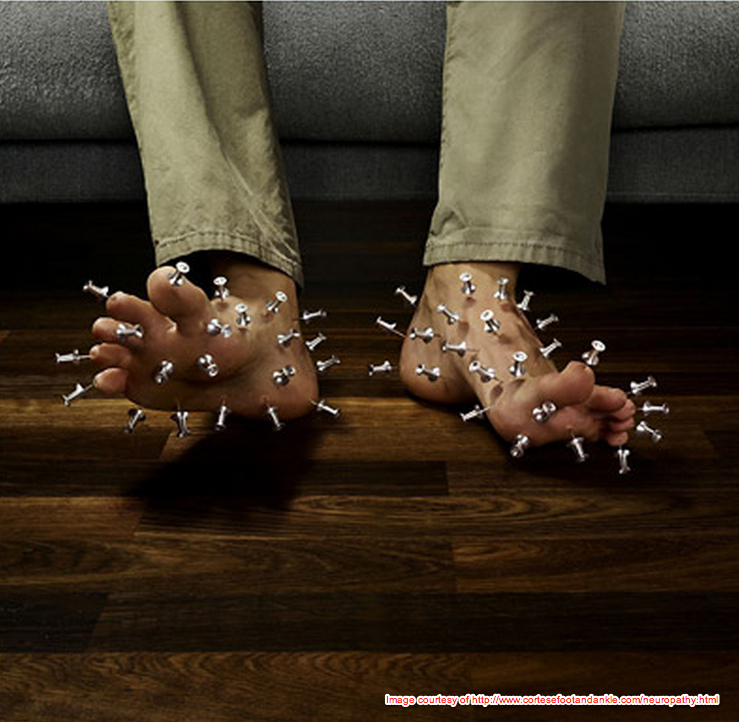 In broad terms, neuropathy is the manifestation of any disease which affects the peripheral nervous system leading to one or a combination of pain, tingling, 'pins and needles' sensation, numbness, or weakness in the hands and/or feet. Neuropathy can be caused by a large number of triggers ranging from diseases such as cancer, diabetes, or AIDS; nutritional deficiencies; or toxic overloading the body with either environmental poisons or prescription drugs. A large number of neuropathy cases are termed, 'idiopathic', meaning that western medicine can not determine a specific cause of the problem.
In broad terms, neuropathy is the manifestation of any disease which affects the peripheral nervous system leading to one or a combination of pain, tingling, 'pins and needles' sensation, numbness, or weakness in the hands and/or feet. Neuropathy can be caused by a large number of triggers ranging from diseases such as cancer, diabetes, or AIDS; nutritional deficiencies; or toxic overloading the body with either environmental poisons or prescription drugs. A large number of neuropathy cases are termed, 'idiopathic', meaning that western medicine can not determine a specific cause of the problem.